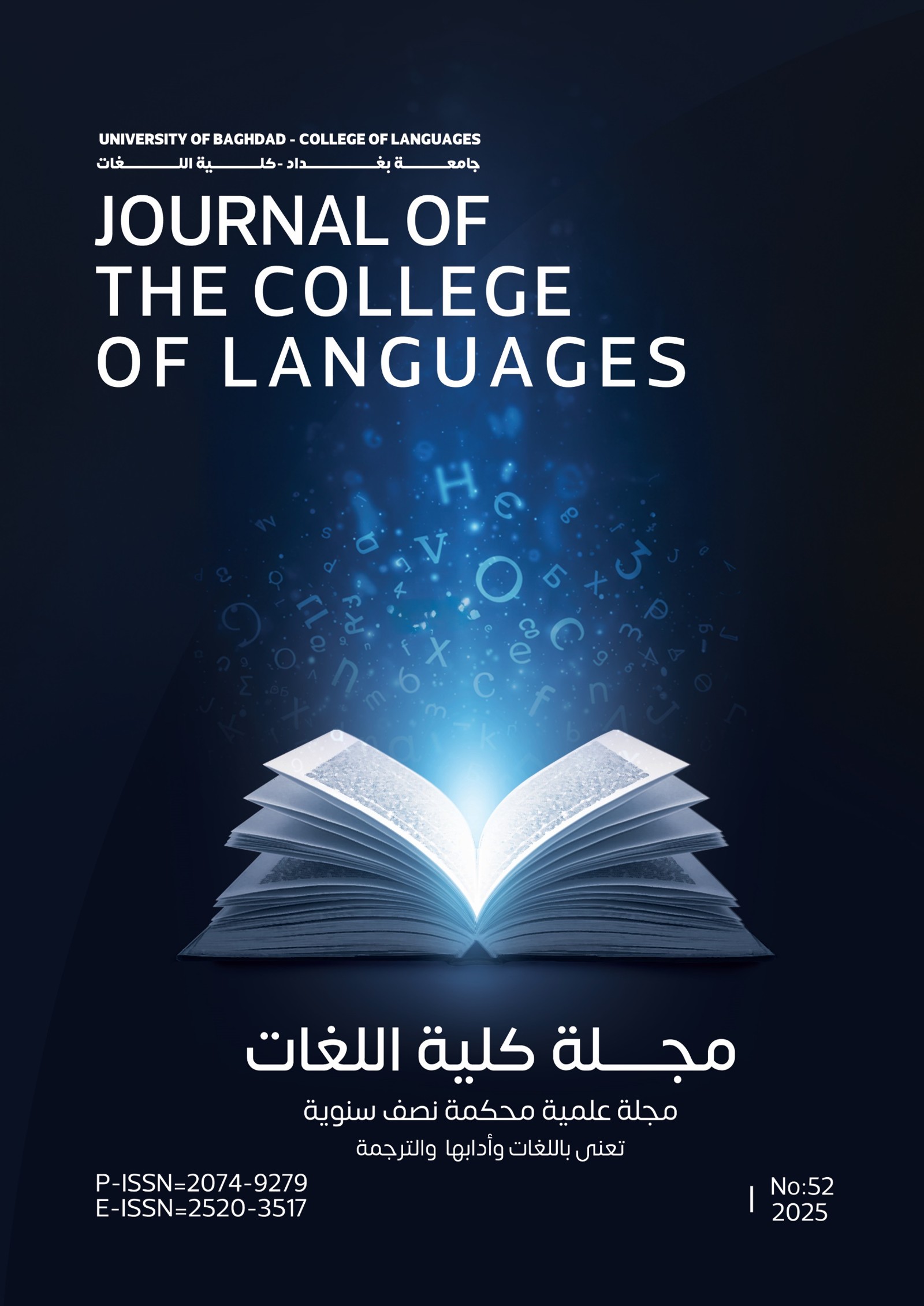Failure of Comedy in Waiting for Godot
DOI:
https://doi.org/10.36586/jcl.2.2020.0.42.0118Keywords:
comedy, tragicomedy, meaninglessness, performance, futilityAbstract
Many critics suggest that Beckett’s early plays are comic because they focus their analyses on the use comic elements. Waiting for Godot is one of Beckett’s early plays, and it has been heavily analyzed and read as a comic text partly because its subtitle is “a tragicomedy in two acts” and also because of the comic techniques used in the play. The present paper, however, attempts to read the play as a piece in which comedy fails to produce any effects on the characters who remain apparently very desperate and frustrated throughout the play. The characters perform different comic acts, but they do not really feel amused or entertained. The paper suggests that the acts these characters put on stage are only means to pass time and avoid thinking about their predicament. The paper thus does not reject the comic reading of the play, but consider it a partial reading that does not capture the different dimensions of this text.
( Received on 2/10/2019 - Accepted on 24/11/2019 - Published on 1/6/2020 )









